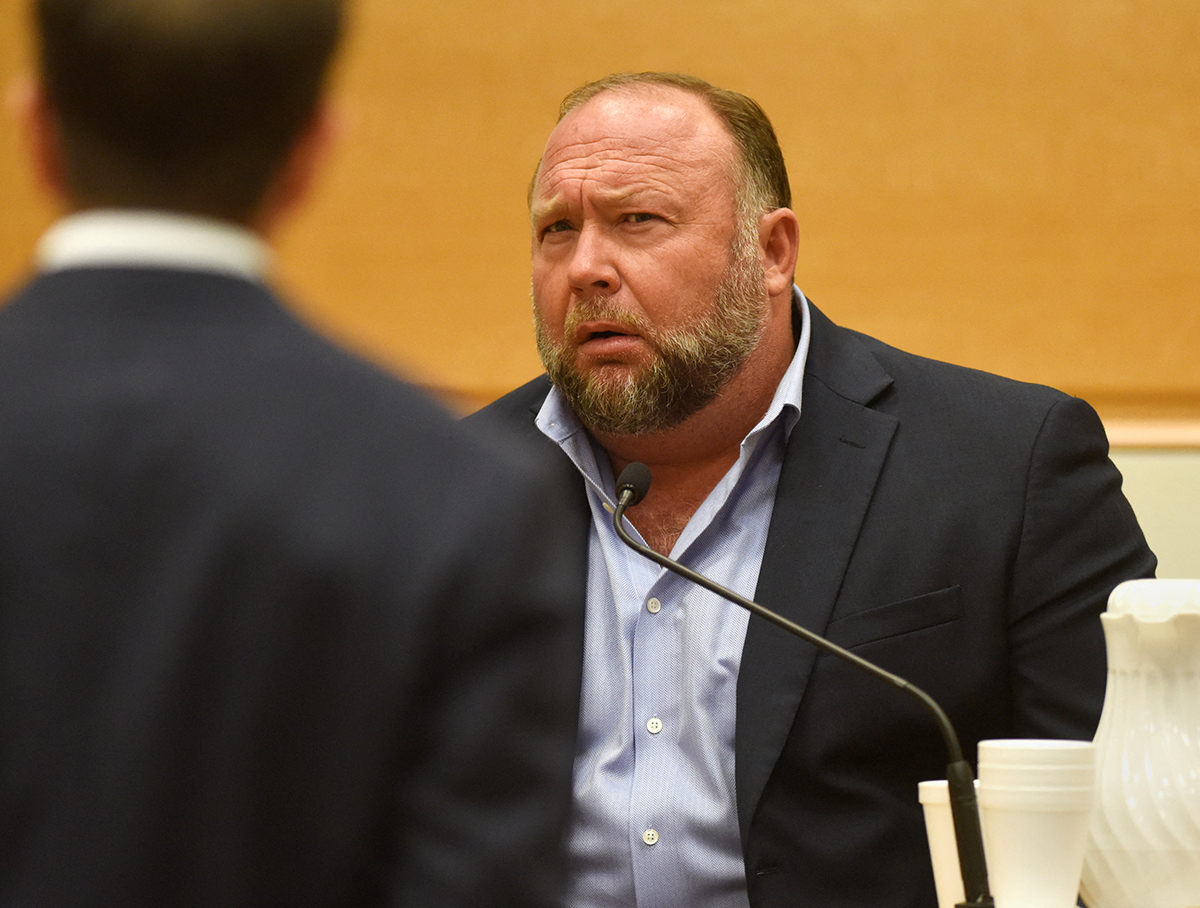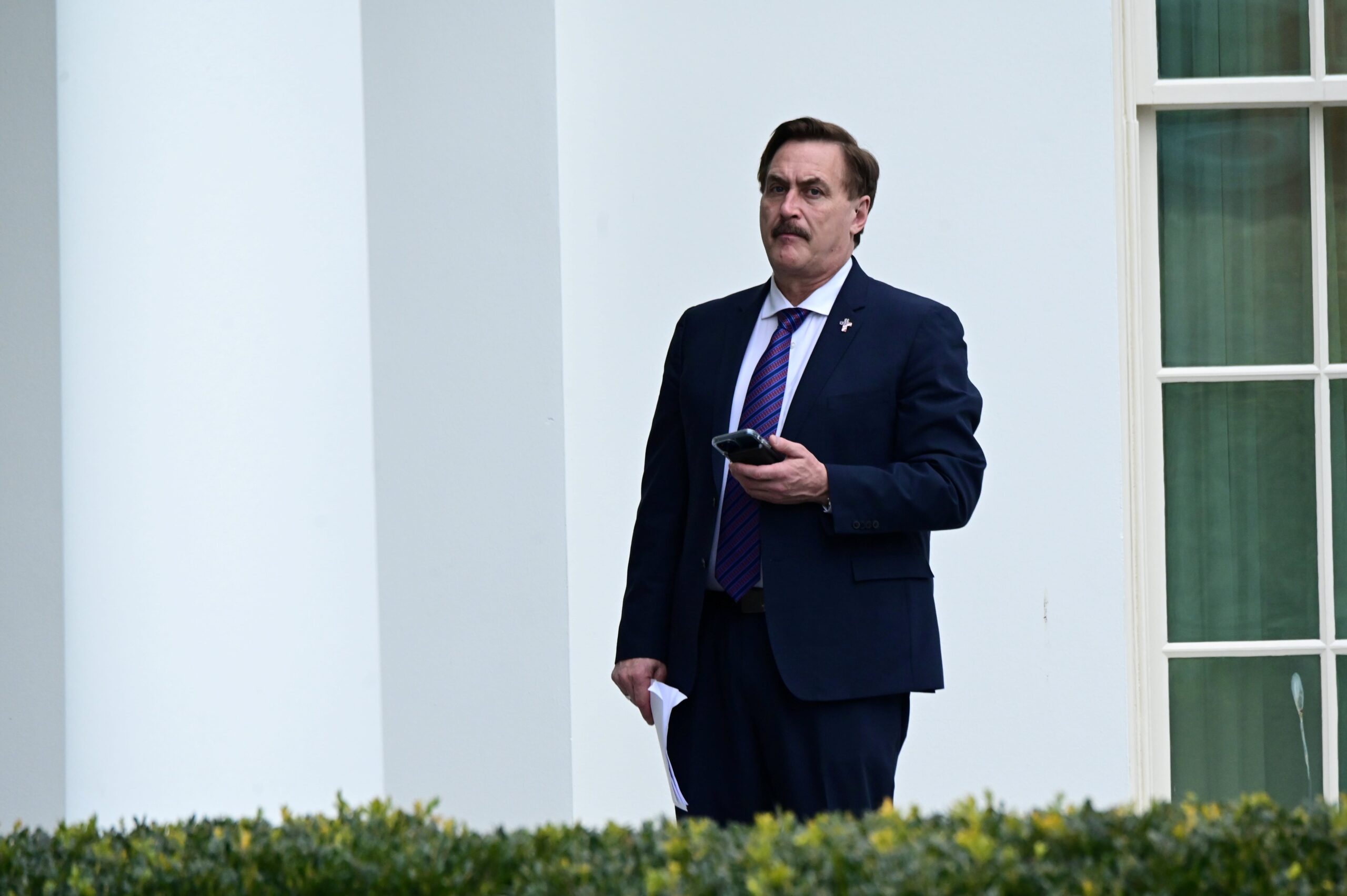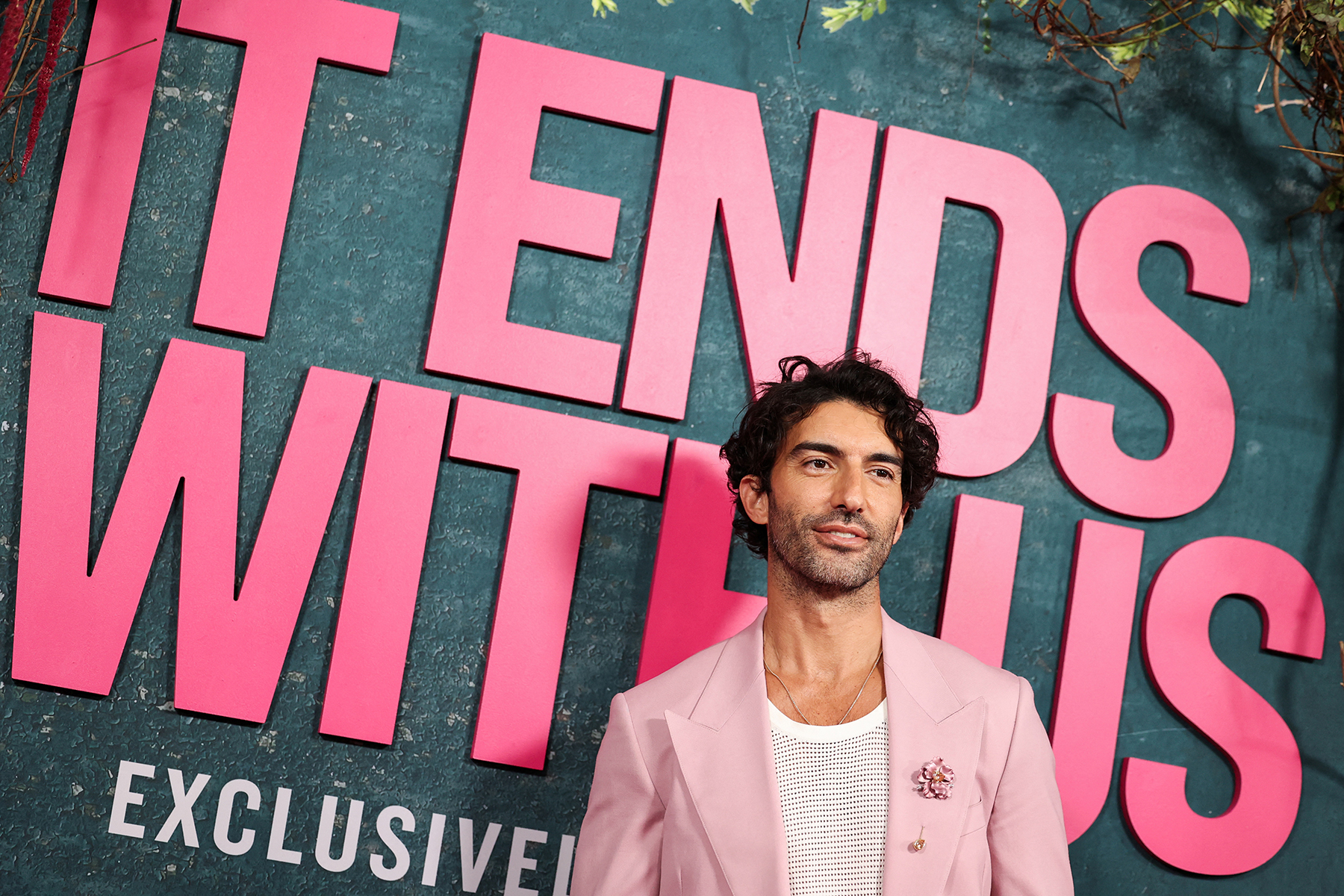Update 4/23/21: Appellate court upholds New York Supreme Court ruling that “Dr. Luke” is a private figure.
Editor’s Note: The story’s headline previously said “New York Trial Court Says Kesha’s Texts to Lady Gaga Defamed ‘Dr. Luke’.” The headline was changed to make clear that the case is ongoing.
A text message pop star Kesha sent insinuating that her former music producer had raped Katy Perry constitutes defamation, a New York trial court judge ruled on Thursday, February 6th, though the ruling only resolved a small part of the case.
“…publication of a false statement to even one person, here Lady Gaga, is sufficient to impose liability,” Judge Jennifer G. Schecter wrote in her ruling.
The decision is part of a closely followed defamation case filed by music producer Lukasz “Dr. Luke” Gottwald, who claimed that Kesha falsely accused him of raping her when the two started working together in 2005. Filed in 2014, the complaint argued that Kesha lied about the sexual assault in order to “extort” Gottwald into releasing Kesha from their exclusive recording agreement.
On Thursday, the court concluded that at least one of Kesha’s statements was defamatory: a text message sent to Lady Gaga implying that the singer Katy Perry had been “raped by the same man” who had allegedly assaulted her.
“There is no evidence whatsoever that Gottwald raped Katy Perry or that Katy Perry, whose sworn testimony is unrefuted, must not be believed,” Schecter wrote. In 2018, Katy Perry testified under oath that Gottwald had never raped her.
Schecter also dismissed Kesha’s lawyers arguments that Gottwald should be considered a public figure, which would have made it harder for him to prove defamation. In addition to falsity and reputational harm, public figures have to prove that the defendant knew a statement was false before publishing it and published it anyway (intentional falsehood) or had a high degree of awareness of probable falsehood (reckless disregard).
See a full explanation of libel standards here.
“Gottwald did not thrust himself into the vortex of the public issues or engage the public’s attention on the important public matters implicated by the defamatory statements,” Schechter wrote. And because Gottwald had “never injected himself into the public debate about sexual assault,” the judge also dismissed Kesha’s lawyers arguments that he be considered a limited-public figure, or a private person who voluntarily becomes a key figure in a particular controversy.
As noted before, Thursday’s ruling only resolved a part of the case. A jury will decide on a later date whether Kesha’s other allegation–that Gottwald assaulted her in 2005–was defamatory.
In a statement to E! News, Kesha’s legal team said they planned to appeal the court’s decision.
Tags




